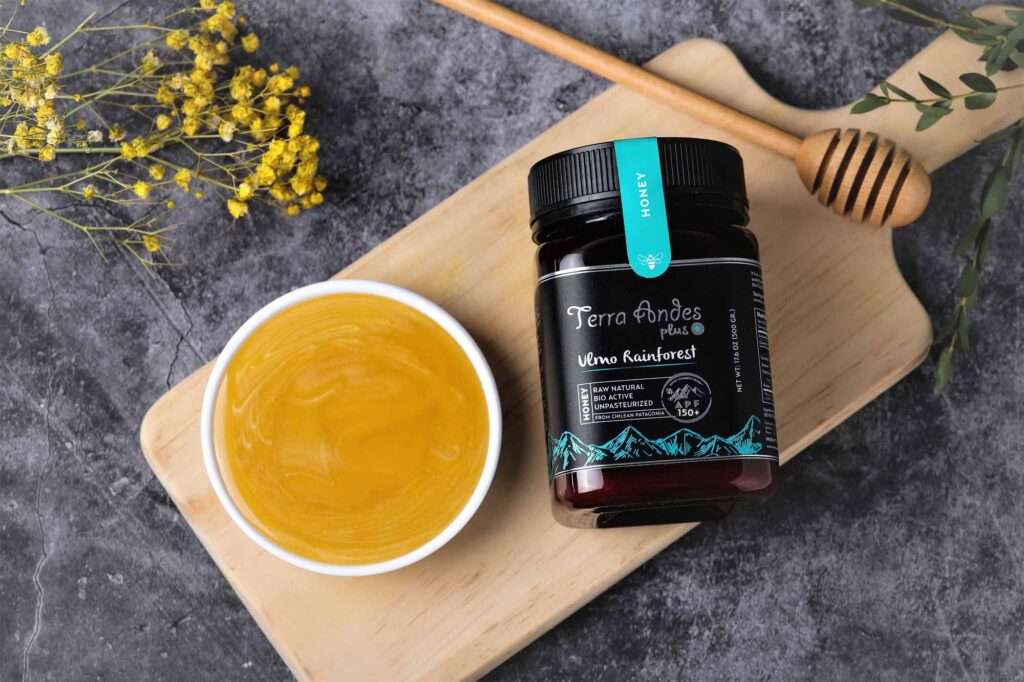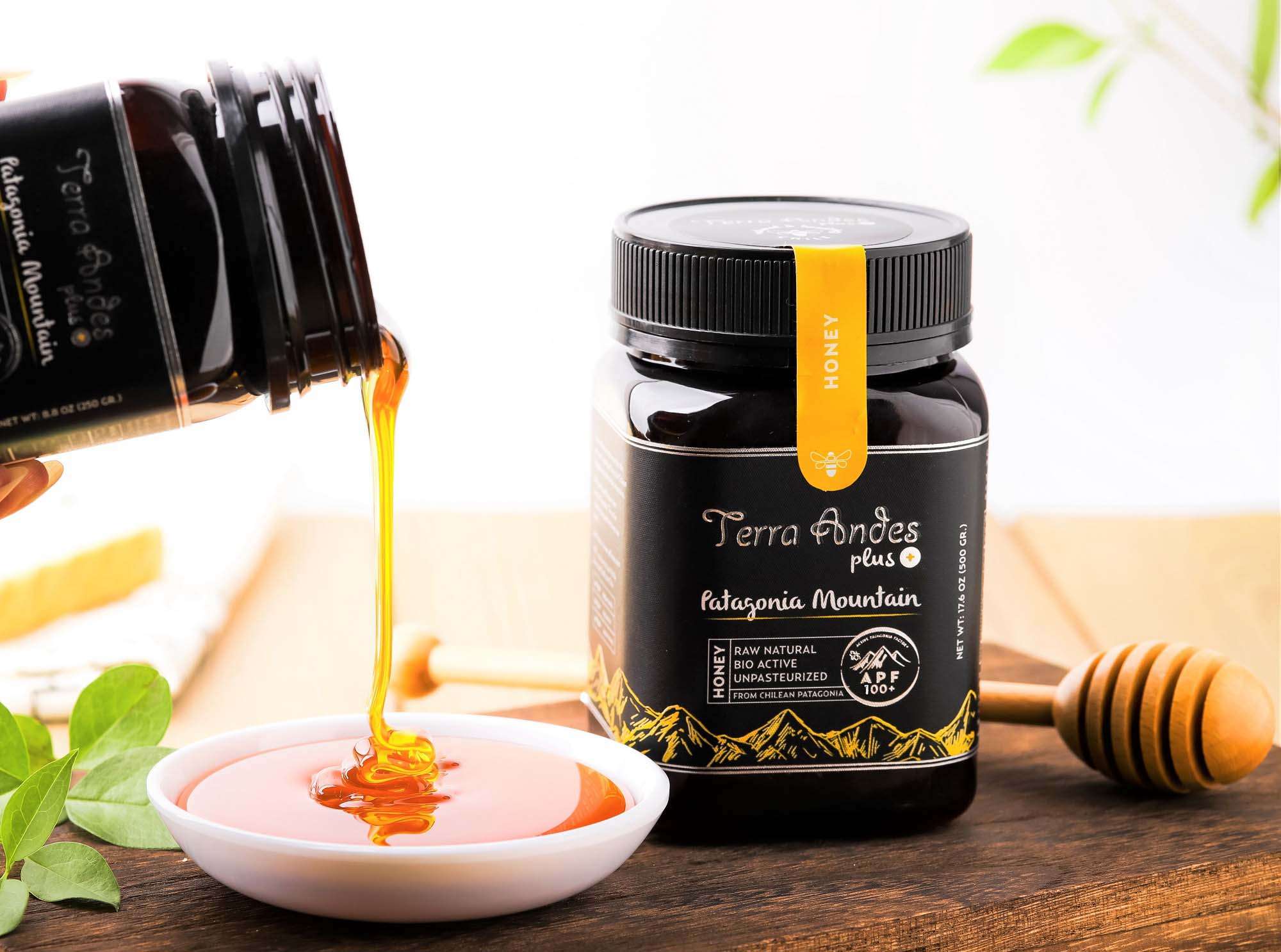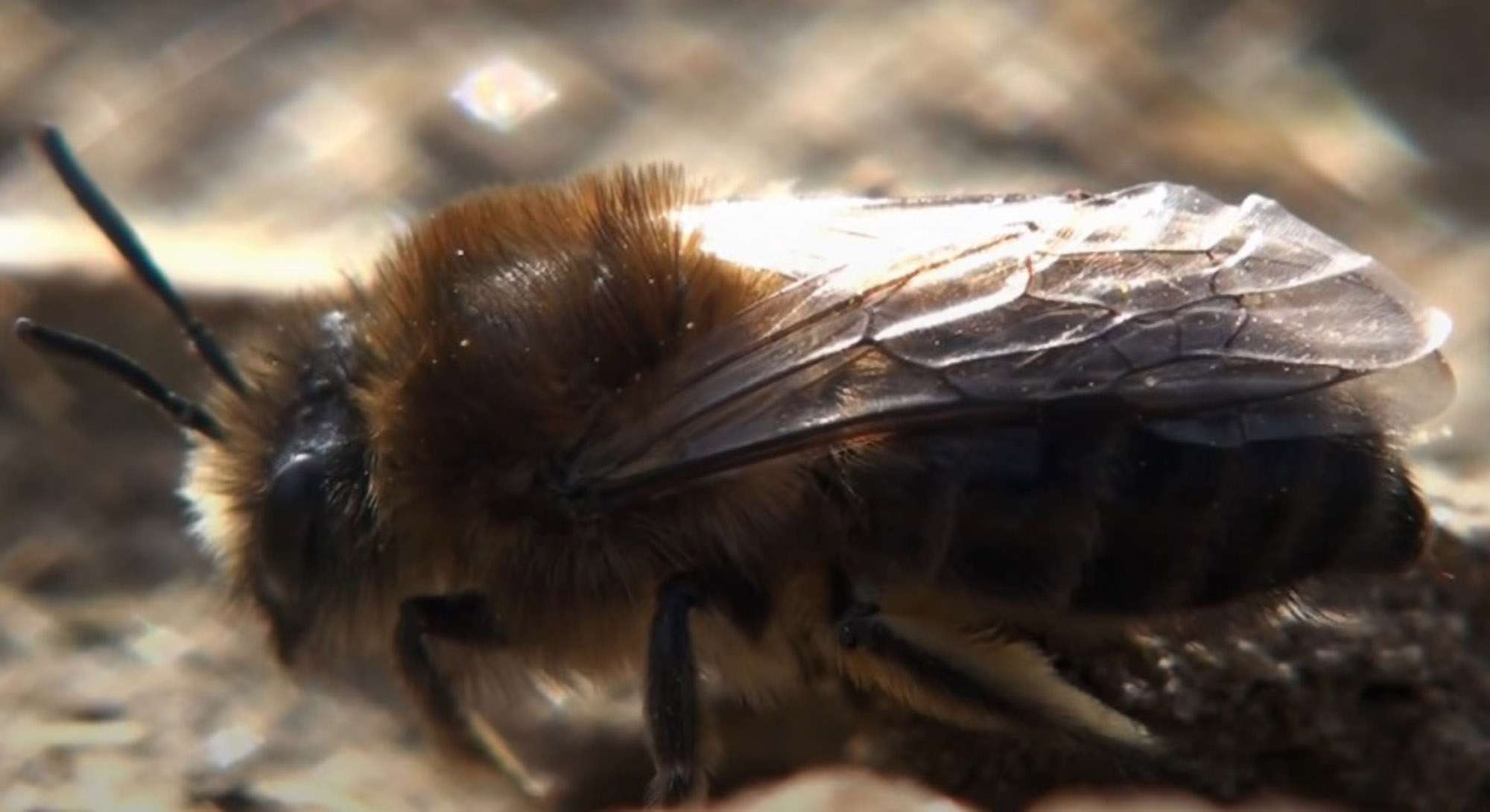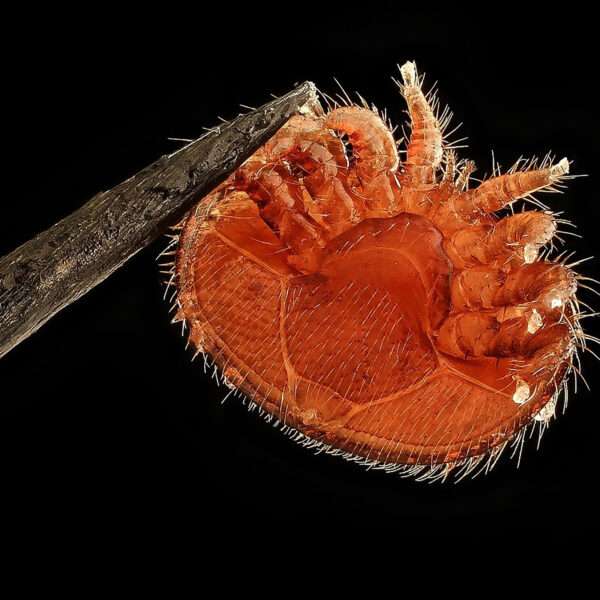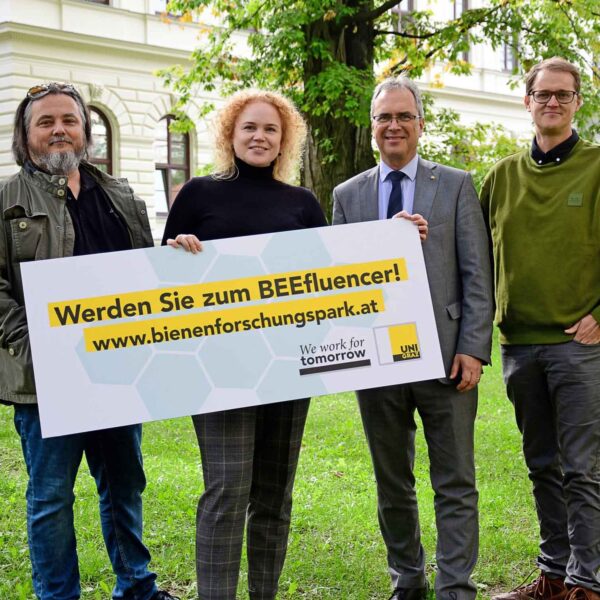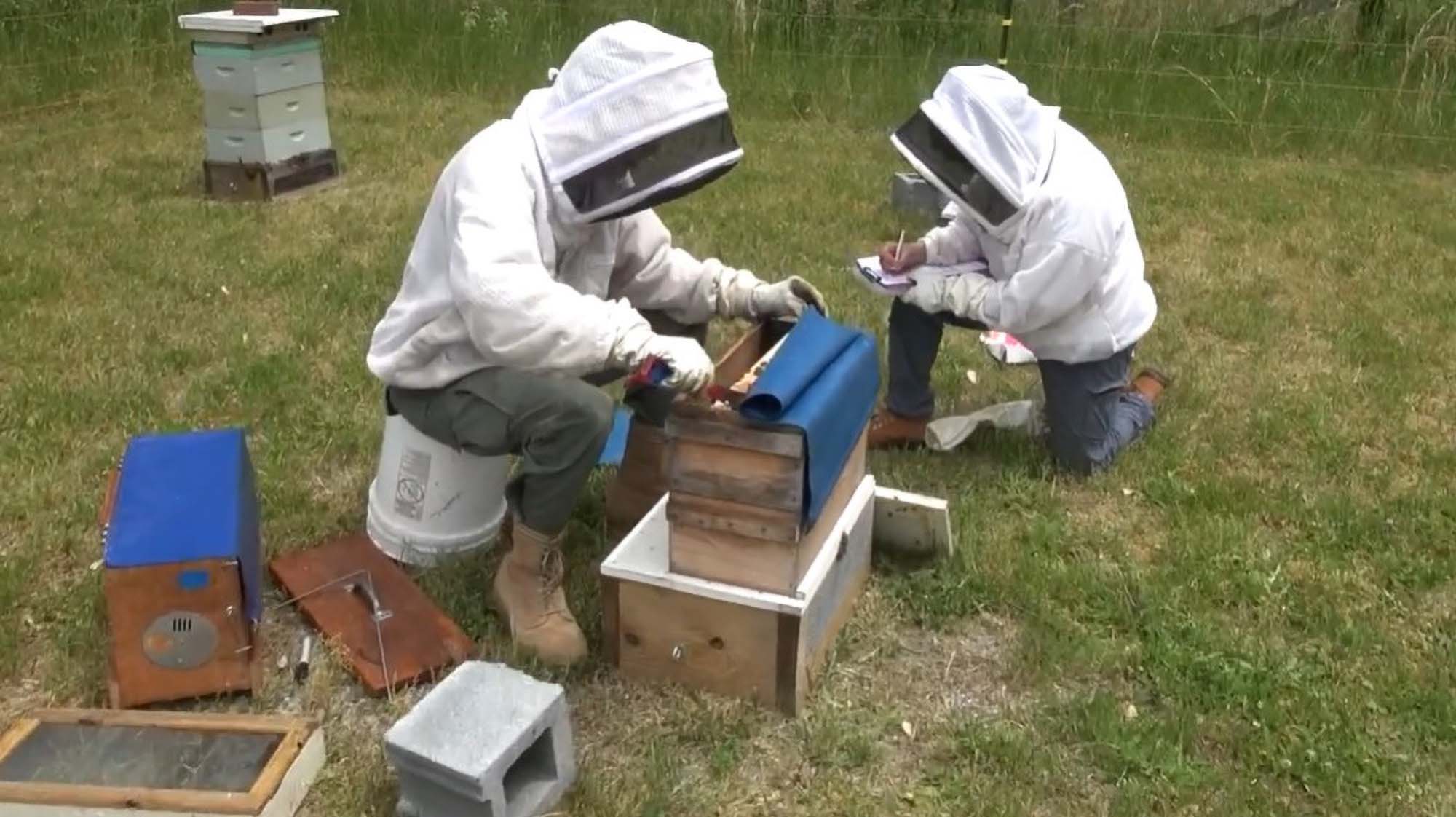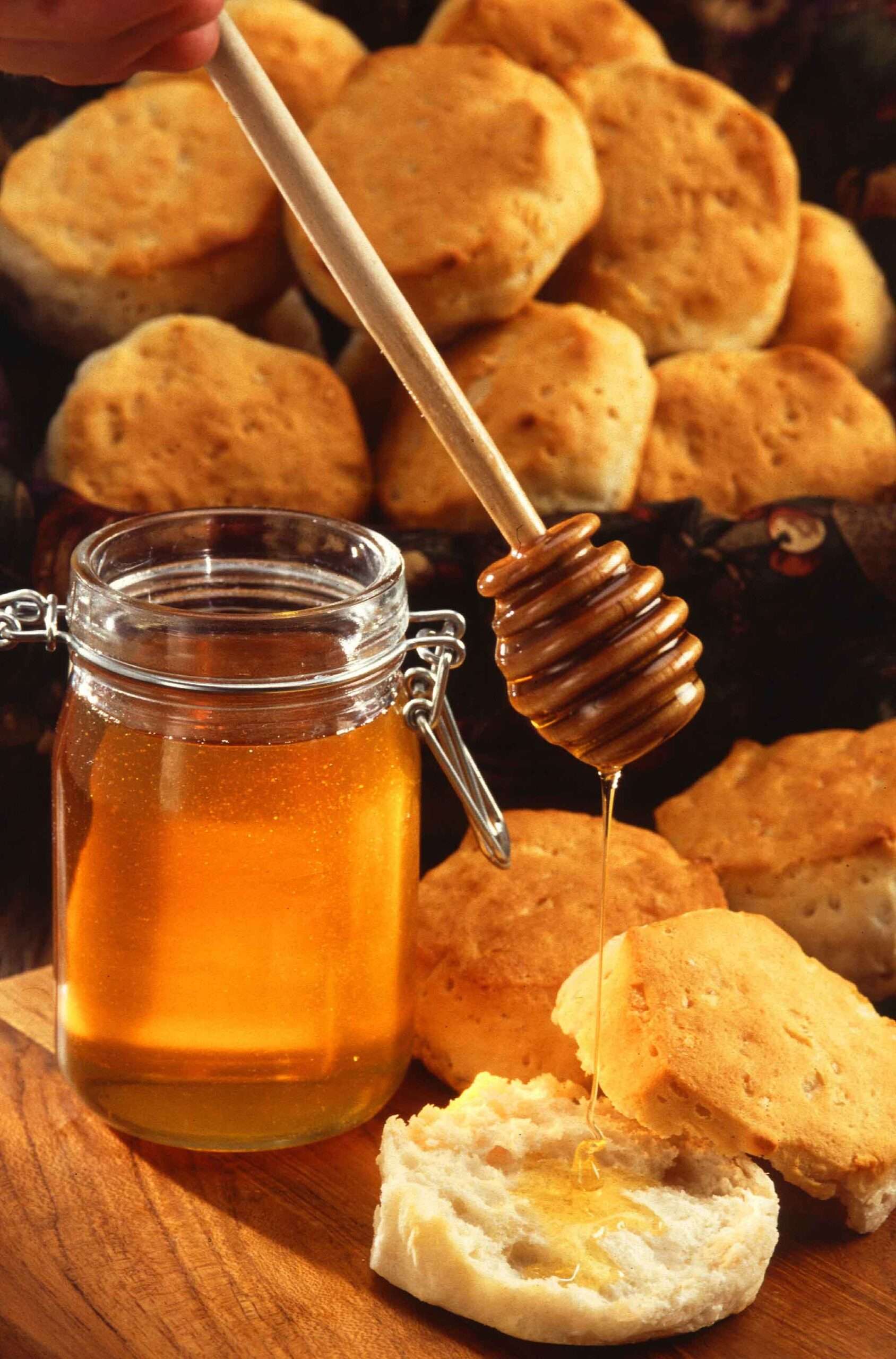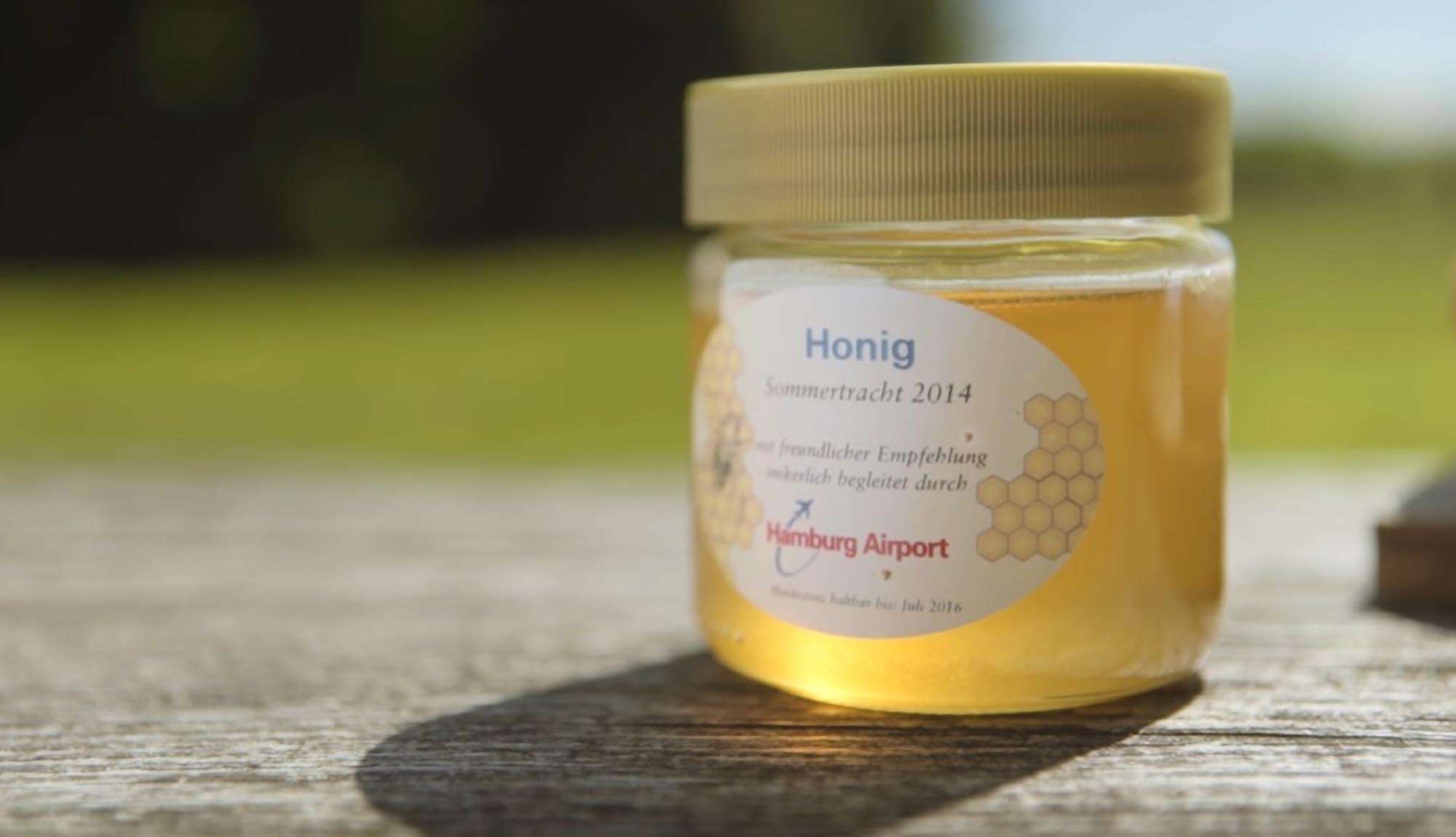A South American businesswoman working for a leading honey producer has underlined that adulteration could only be tackled with quality.
Blanca Gimenez is a business developer at Terra Andes Plus, a Chilean firm which owns the licence for Active Patagonia Factor (APF).

APF is receiving orders from all over the world after having created a scientific technology that certifies the antibacterial capabilities of honey from Patagonia.
Blanca told NewsX: “We believe that our industry worldwide has been highly questioned due to cases of adulteration or poor traceability. Our policy is based on safety, quality, authenticity and legality.”
Reflecting on how the foundations of APF were built, Blanca identified the four years from 2012 as decisive.
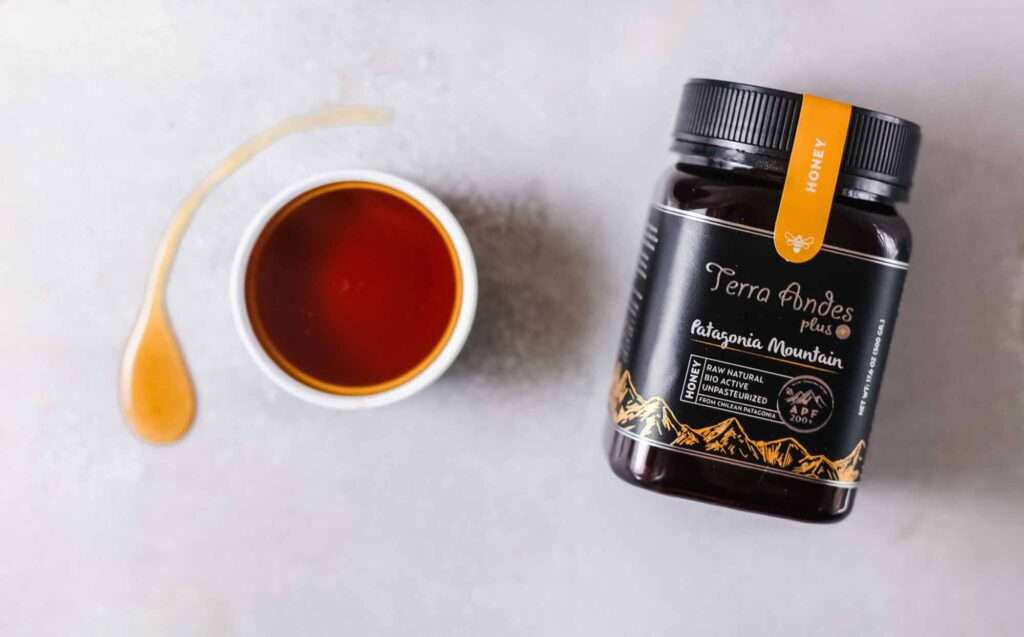
She said: “Between 2012 and 2016, our company leader in the commercialisation of Chilean honey saw how in the different emerging markets of Asia, the Middle East and Europe there was a great requirement for honey with scientifically validated medicinal properties.”
But Blanca reveals that the first steps were taken a few years before.
She told NewsX: “The development of APF honey started in 2008 when the well-known Chilean scientist Gloria Montenegro started to investigate and analyse the components and properties of some native Chilean honey.”
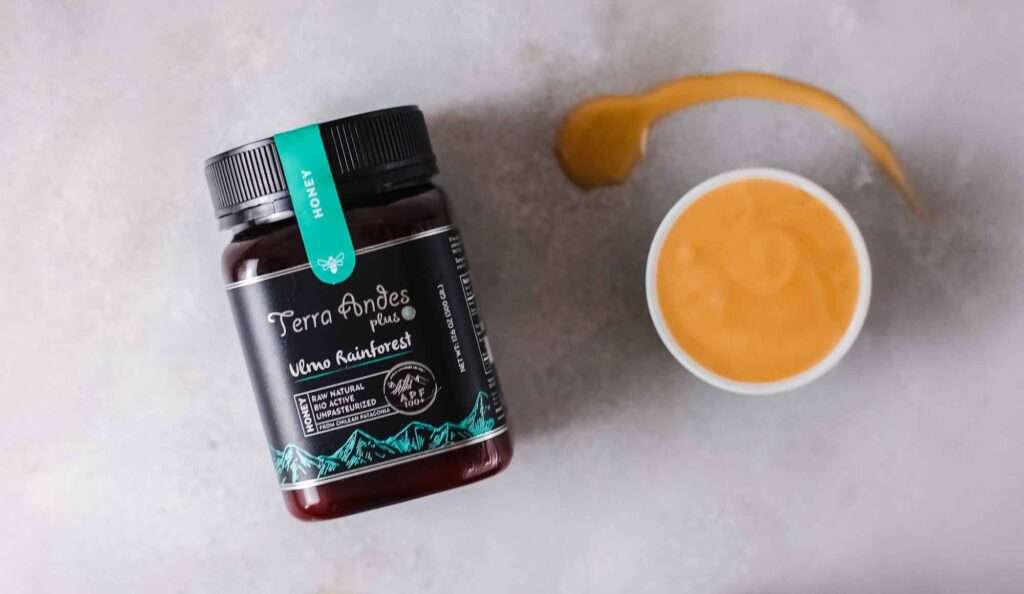
Research efforts intensified in 2016 when experts at the university and APF kicked off a comprehensive check of the antibacterial efficacy of more than 600 types of native Chilean honey.
The investigation lasted for more than three years and revealed that many of these kinds of honey could eliminate important pathogenic bacteria. Blanca emphasised that 15 per cent of the tested types showed greater antibacterial effectivity than current synthetic antibiotics.
On its website, the Santiago-based company claims that its product “helps you feel healthier, stronger and energised, supporting memory and mental acuity, soothing your skin and nourishing your digestive tract.”
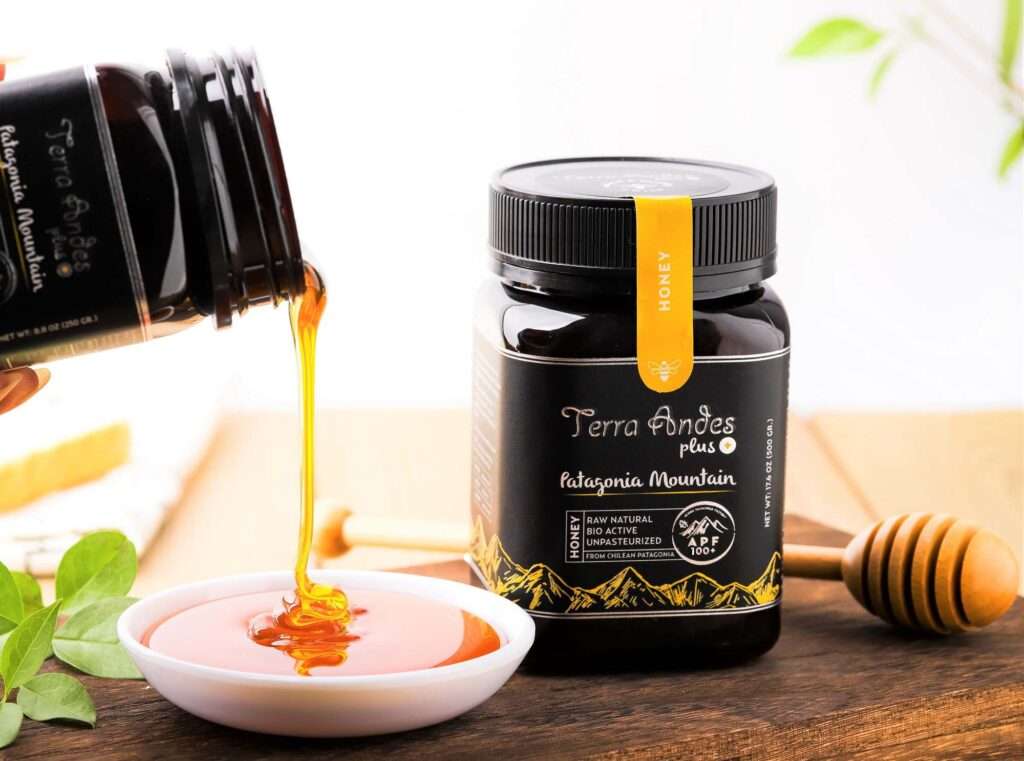
Speaking to NewsX, Blanca points out that APF’s honey range was 100 per cent free of pesticides, herbicides and any type of contaminant.
She added: “It has allowed us to introduce the benefits of Chilean honey in new markets where Chile had never exported before, where in the last years, particularly after the pandemic, the modern consumers are looking for scientifically proofed natural and functional products.”
Blanca said the firm’s future goals was to introduce its honey range at supermarkets and pharmacies as well as aiming at growth by innovating new products such as healing creams and energy shots.
